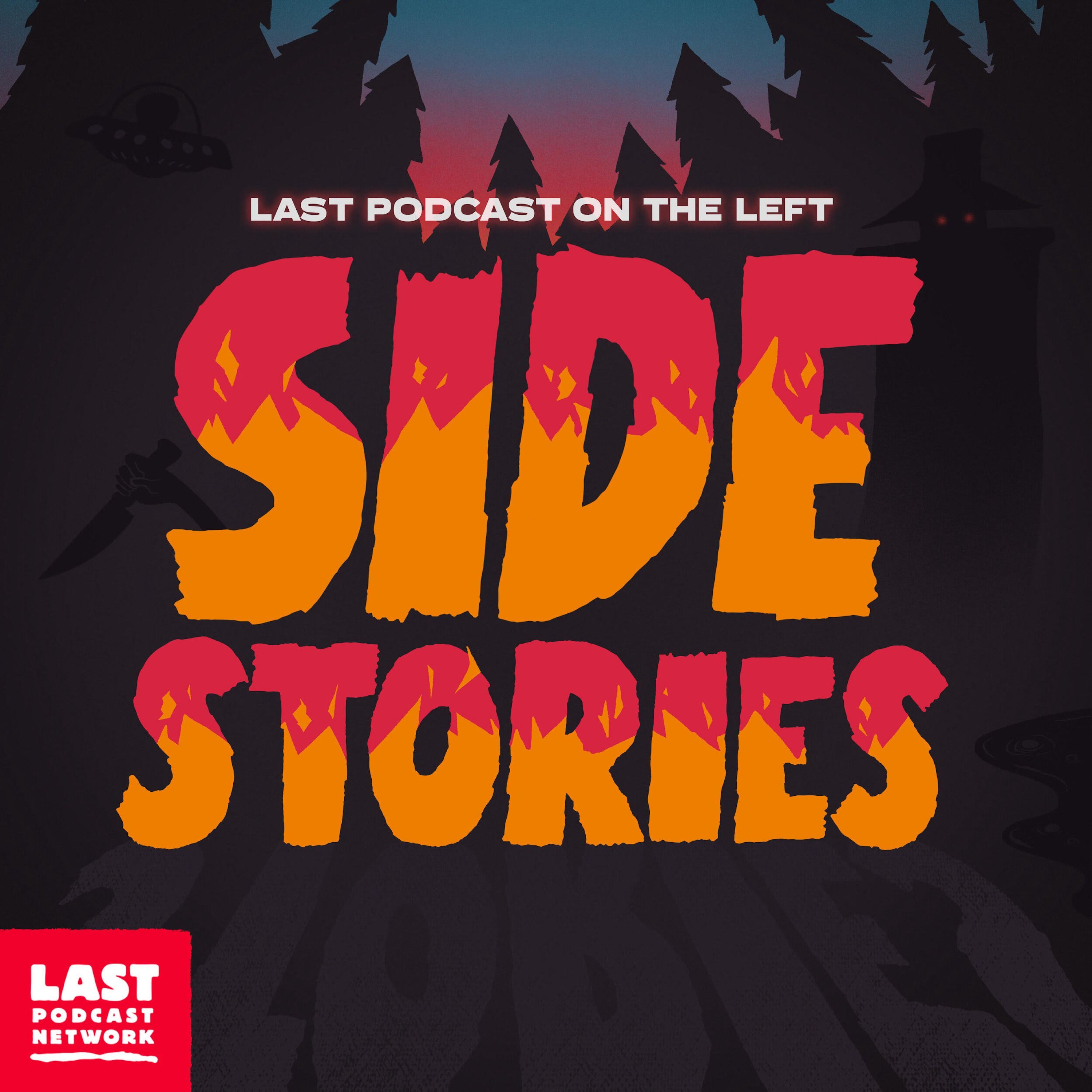King Sorrow: An Interview with Joe Hill
The boys sit down with modern master of horror, author Joe Hill joins the show to talk about his new horror fantasy novel King Sorrow, his journey as a struggling young writer, how his earlier stories helped shape this latest descent into darkness, and what it’s like to see his nightmares adapted for the screen. From twisted family legacies to haunting childhood tales, this one proves horror runs deep in the blood!
Press play and read along
Transcript
Transcript is processing—check back soon.
Last Podcast On The Left — King Sorrow: An Interview with Joe Hill



